
Business
20:25, 01-Nov-2017
Expert: China-Russia trade will sustain momentum in future
By Wang Yue
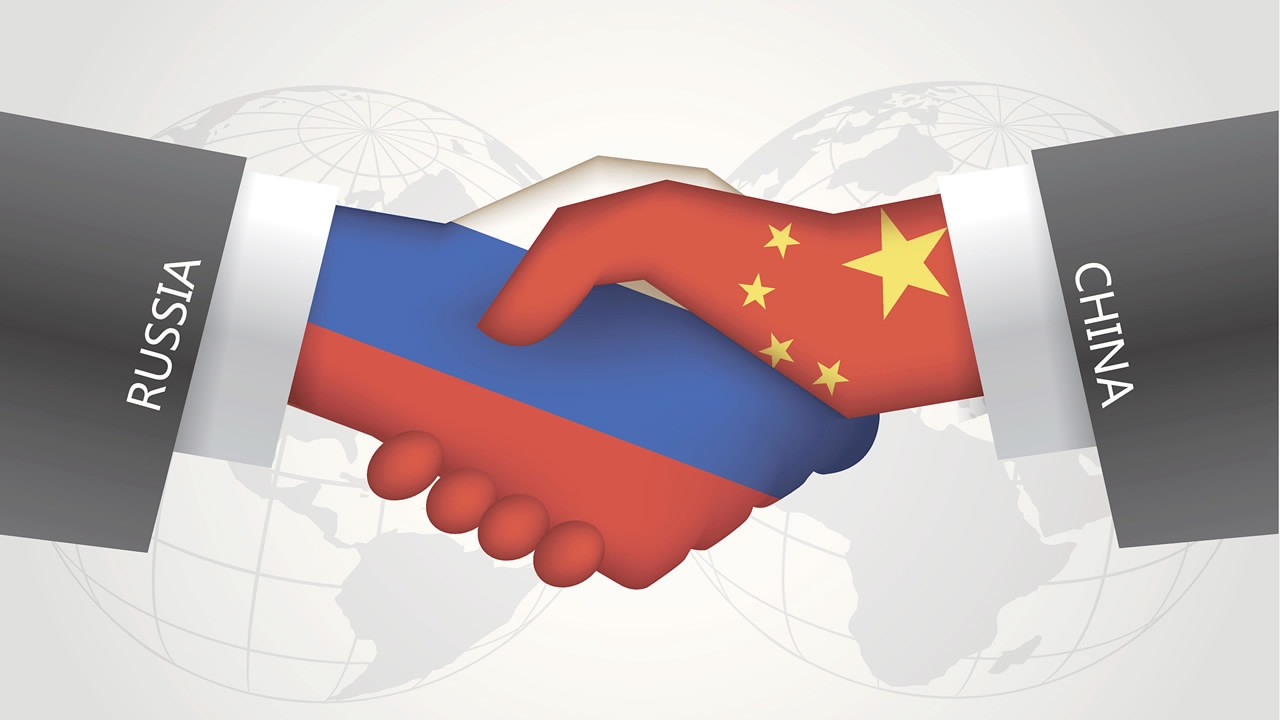
Chinese Premier Li Keqiang spoke with Russian Prime Minister Dmitry Medvedev in Beijing on Wednesday during the 22nd China-Russia PMs' Regular Meeting.
They witnessed the signing of over a dozen cooperation agreements and jointly met the press.
China-Russia relations are at their best period in history, said Russia's Deputy Prime Minster Dmitry Rogozin, prompting experts to say that such solid ties will help economic cooperation sustain momentum in the future.
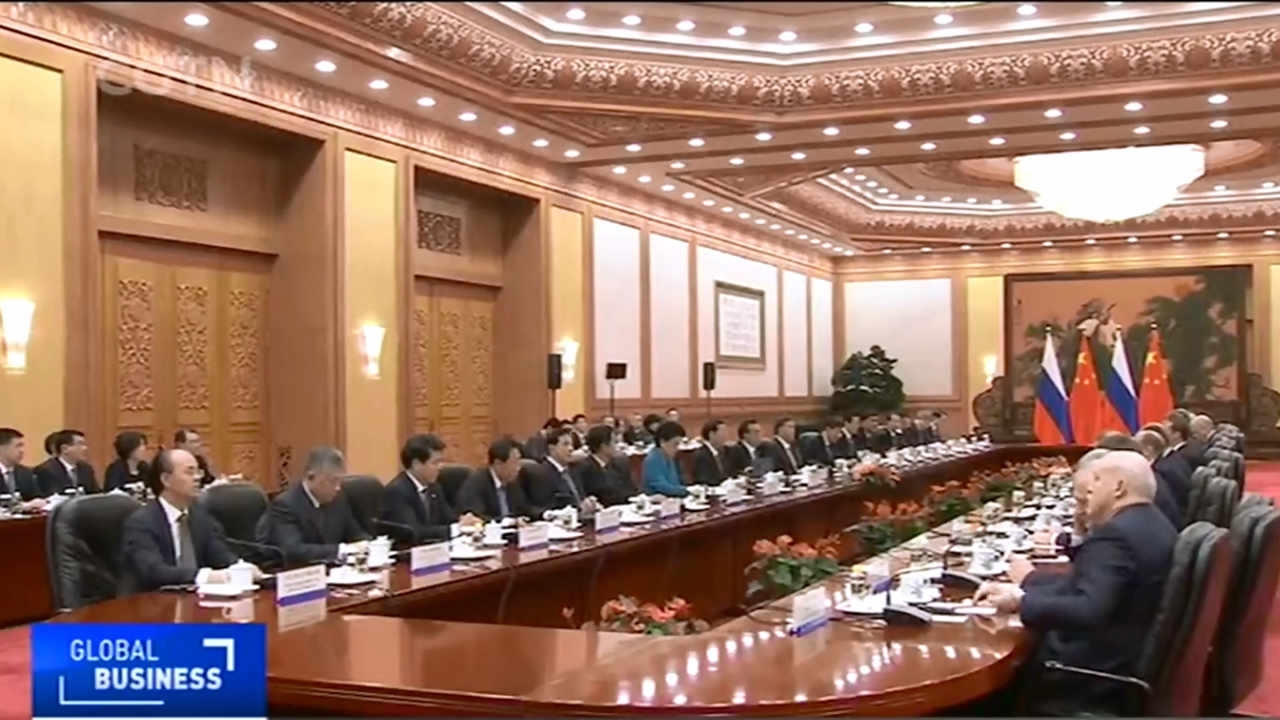
CGTN Photo
CGTN Photo
Will current China-Russia trade continue to grow?
China-Russia trade has grown rapidly as both countries have committed to advancing bilateral economic cooperation.
According to China's General Administration of Customs (GAC), Russian exports to China grew by 36.1 percent to 9.66 billion US dollars while Chinese exports to Russia increased by 22.4 percent to 8.43 billion US dollars in the first quarter of 2017.
Last year, China-Russia trade increased by 2.2 percent in annual terms to 69.5 billion US dollars.
Russia's Ambassador to China, Andrey Denisov, is confident that trade will continue to grow.
“This year, for six to seven months, growth of trade turnover amounted to around 30 percent. If we keep this momentum, then by the end of the year our trade will reach 80 billion US dollars and even slightly more,” he said.
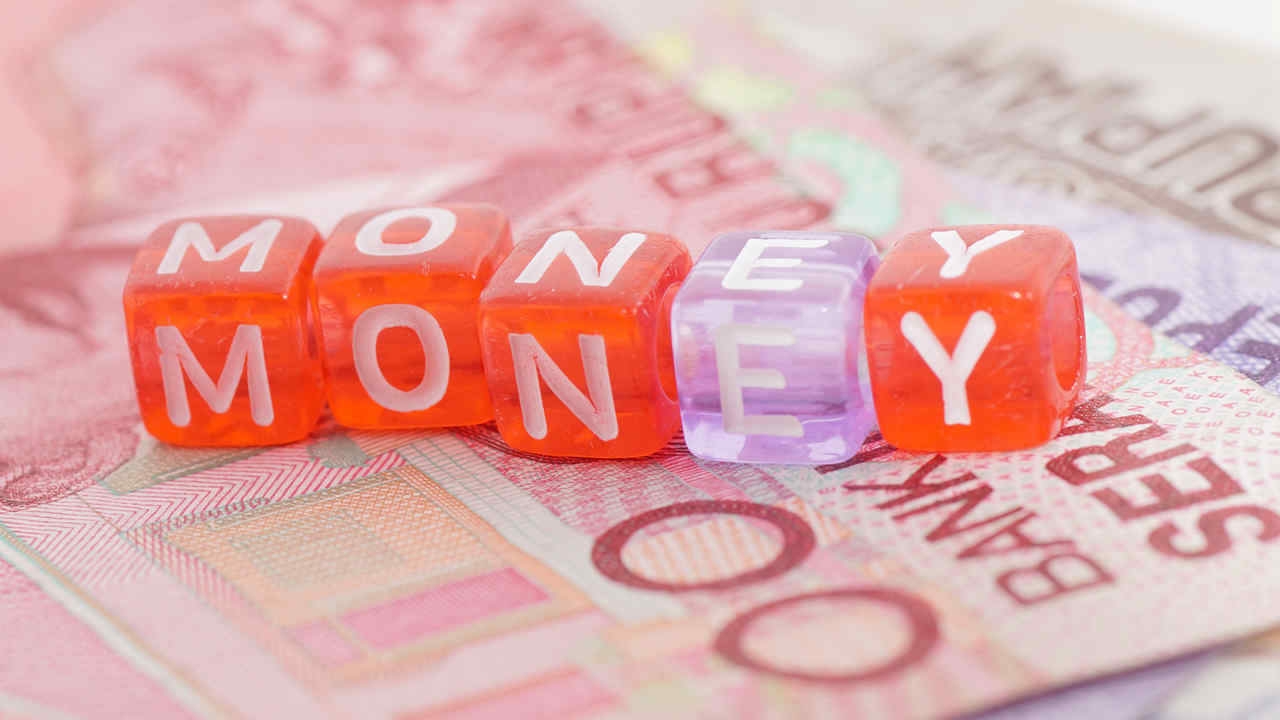
“It’s very possible that the sustainable growth will continue in the future. Firstly, for the politics, it’s very sustainable now. The governments are cooperating with each other. That’s the most important thing,” said Chen Jiahe, Chief Strategist at Cinda Securities.
At the same time, wealthier Chinese are also helping to make close economic cooperation even closer, said Chen.
“China is apparently rich. People want to spend their money, go abroad and visit different countries. And Russia is that country with very different culture. China needs commodity products and oil from Russia, meanwhile, Russia needs Chinese industrial goods. So [sustainable growth] is good for both countries.”
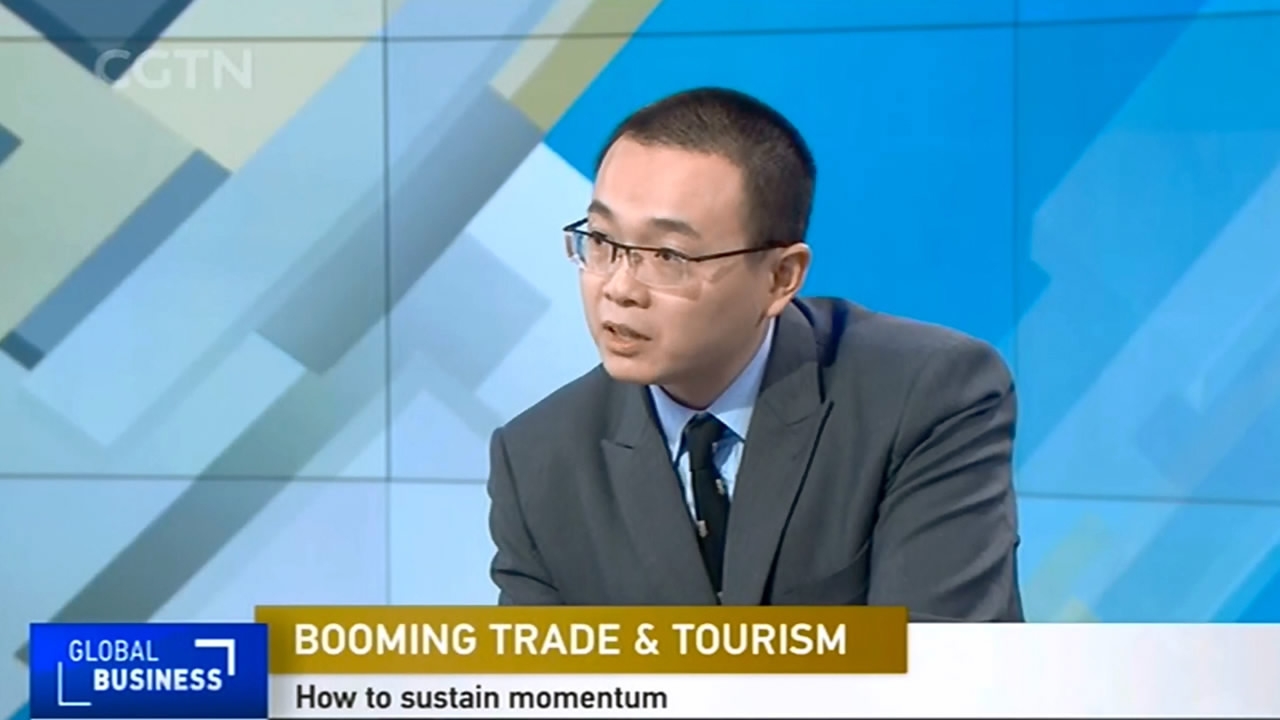
Chen Jiahe, Chief Strategist at Cinda Securities. /CGTN Photo
Chen Jiahe, Chief Strategist at Cinda Securities. /CGTN Photo
Will China invest more in Russia?
Some commentators think that Medvedev’s visit this time will look at attracting Chinese investment in agriculture, technology and housing, especially in Russia's Far East.
Chen believes that Chinese investors would be happy to invest in these areas.
“Chinese investors want to diversify. They don’t just want to invest in the US or EU, they want to try Russia as well. Distance is close, so you can invest right out of your door,” he said.
The Russian economy is in recovery mode. Its GDP expanded 1.8 percent in the first nine months this year, with growth accelerating 2.2 percent in the third quarter.
It marks the fourth consecutive quarter of growth thanks to strong performances in the agriculture, chemical and food processing sectors.
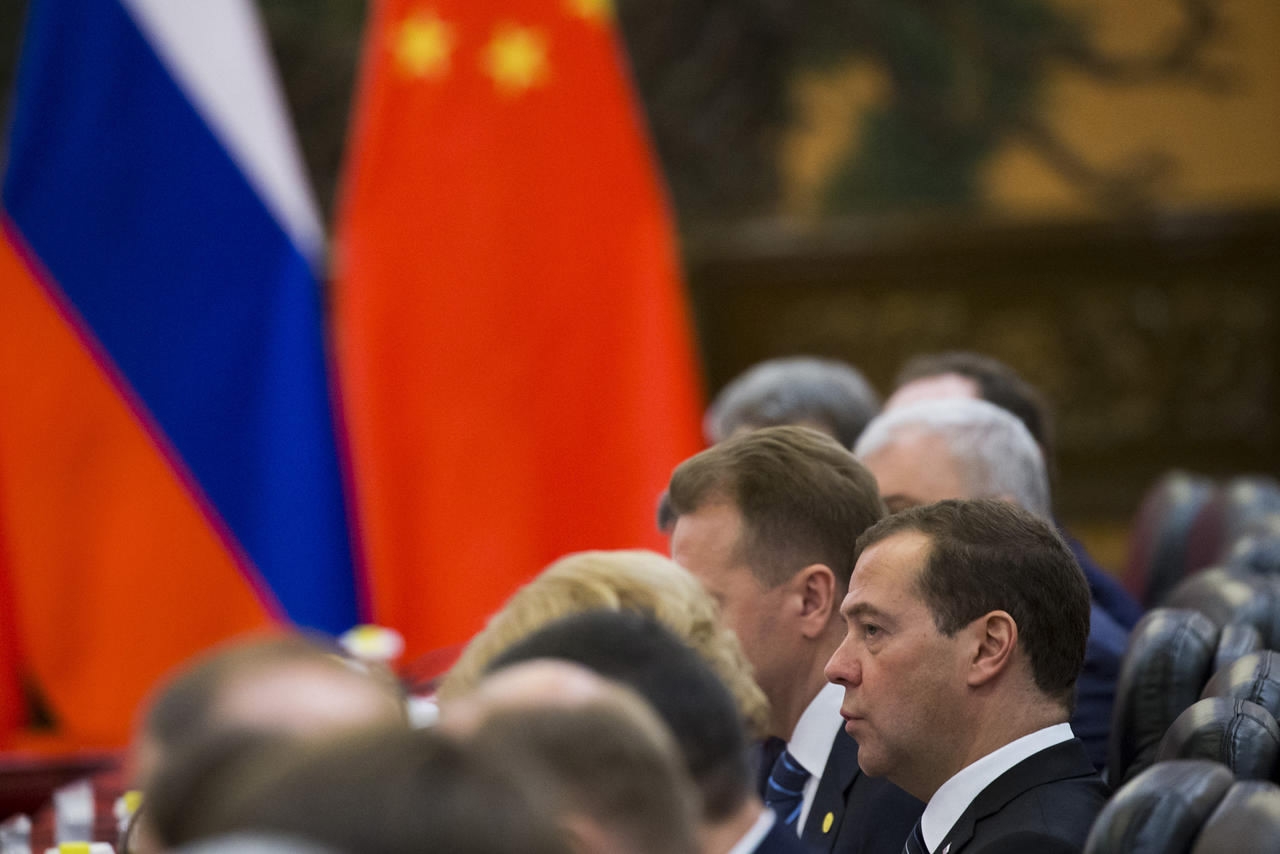
Russian Prime Minister Dmitry Medvedev attends talks with Chinese Premier Li Keqiang (not pictured) at the Great Hall of the People on November 1, 2017 in Beijing, China. /VCG Photo
Russian Prime Minister Dmitry Medvedev attends talks with Chinese Premier Li Keqiang (not pictured) at the Great Hall of the People on November 1, 2017 in Beijing, China. /VCG Photo
Meanwhile, the Russian investment environment is improving as the government expects foreign direct investment (FDI) to grow 4.1 percent this year.
Li and Medvedev said China and Russia would consolidate cooperation in traditional sectors like aerospace and energy, while exploring new development opportunities such as in small- and medium-sized companies.
China’s forex reserves rose 17 billion US dollars in September to 3.109 trillion US dollars, based on data from the People's Bank of China (PBOC).
“So Chinese people really want to invest abroad,” Chen said, “Chinese companies have very good abilities in those industries, such as e-commerce, high tech, construction and agriculture.”
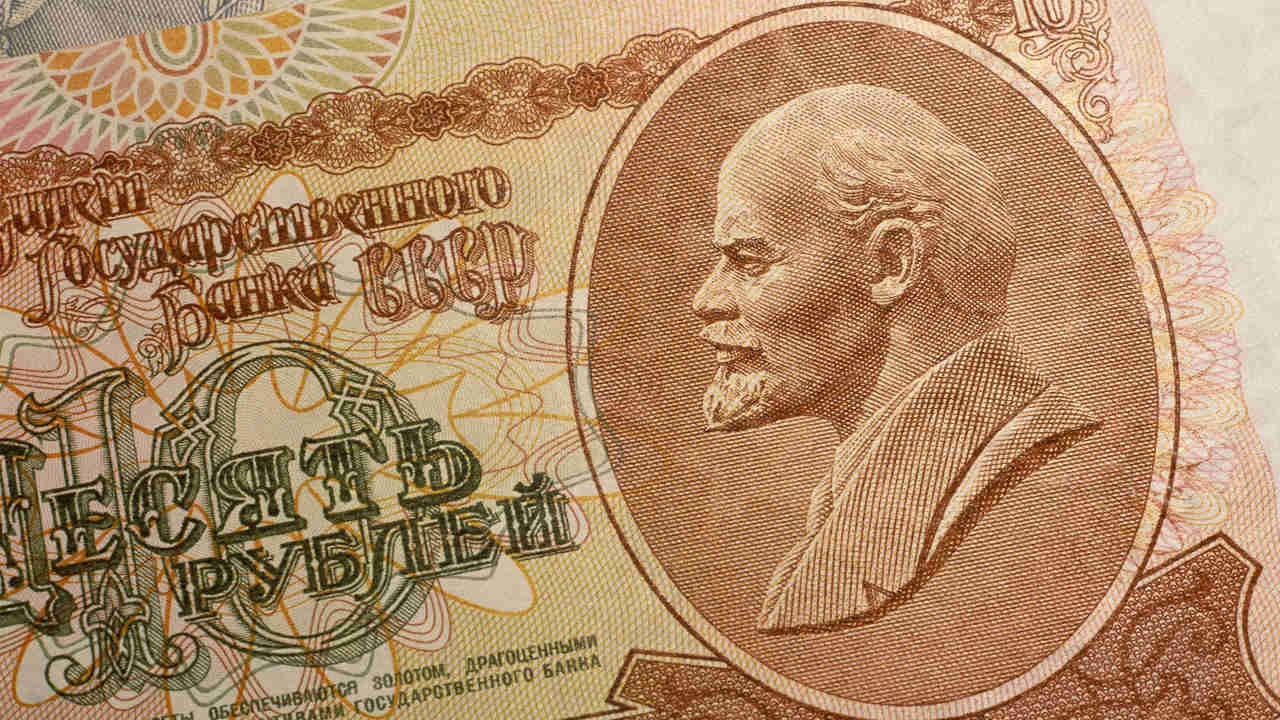
Russian currency Rouble /VCG Photo
Russian currency Rouble /VCG Photo
Why is Russia not playing a more active role in the Belt and Road Initiative?
However, some have argued that Russia's involvement in China's Belt and Road Initiative has been lacking in action.
Chen attributes this apparent sluggishness to the Russian economy, saying that “the situation will change if Russia has money. That’s the key. Chinese people are not giving out money for free. If you look at the foreign reserves, Russia is quite small compared with China.”
“If we do more win-win situation over here, I think it will attract Russia to do more things in the Belt and Road Initiative,” he said.
1km
Chen Jiahe, Chief Strategist at Cinda Securities.

SITEMAP
Copyright © 2018 CGTN. Beijing ICP prepared NO.16065310-3
Copyright © 2018 CGTN. Beijing ICP prepared NO.16065310-3